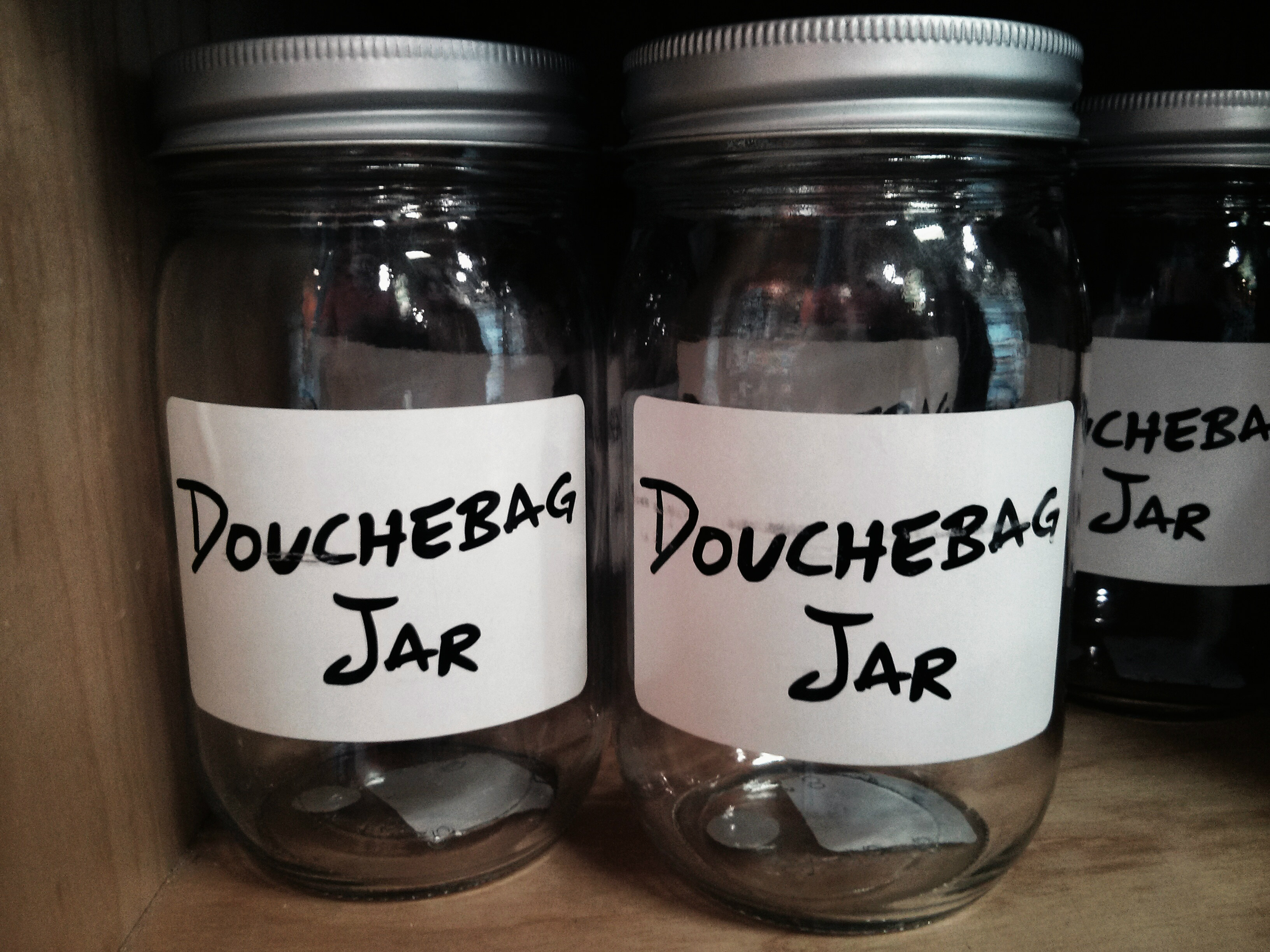I must thank Todd Bishop, whose tweet about a GeekWire story alerted me to the then forthcoming .wtf domain extension, which is now available. Generally, I think these dot-com wannabes are just plain stupid, but someone wants them—or ICANN decision-makers believe so. I ignored every domain registrar solicitation to grab one until .wtf.
My first concern is brand protection. I’ve pissed off more than a few fanboys over the years and I worried about someone snagging joewilcox.wtf and using that as a platform against me. You should worry, too, if you have any kind of brand to protect. “What the fuck?” is right. If your name is your brand, grab .wtf before someone else does.










